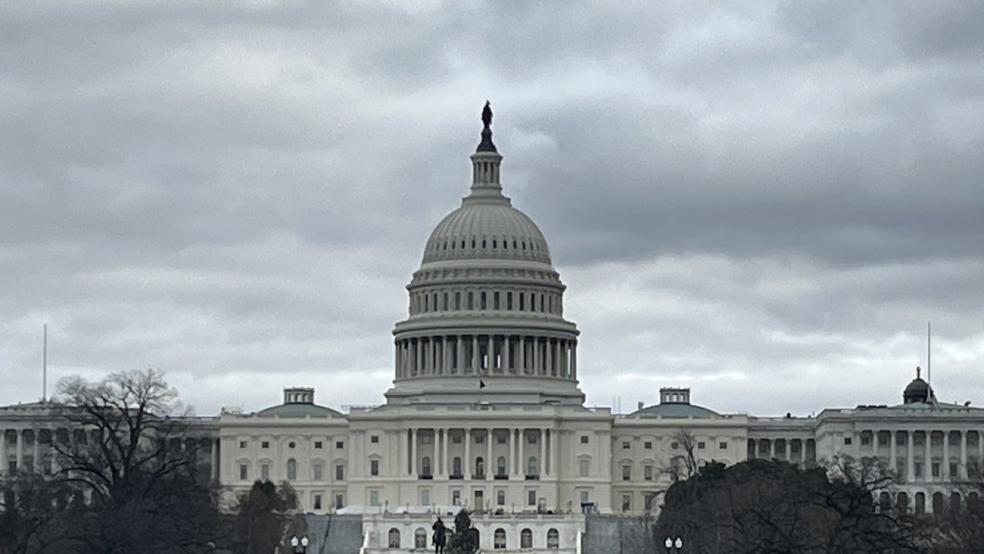It looks like Congress will squeak past yet another shutdown deadline this year.
The House on Wednesday approved a package of six bills that will fund parts of the federal government that could shut down at midnight on Friday. The roughly $460 billion package now heads to the Senate, where it’s expected to pass before the deadline, though there could be hiccups along the way.
The House vote on the funding package was 339 to 85, reflecting robust support from Democrats, 207 of whom backed the legislation, with just two voting no. The Republican vote was more divided, 132 to 83, as dozens of hardliners opposed the bill due to its size and lack of conservative policy wins. Opposition from conservatives, along with the tight deadline, forced House Speaker Mike Johnson to use an expedited process for the legislation requiring a two-thirds majority to proceed.
Republican House leaders celebrated what they claimed was a major win. “With the odds stacked against us, House Republicans made progress in how we fund the government,” Appropriations Chair Kay Granger said. “We drafted the most conservative bills in history. Members submitted over one thousand amendments. We considered house bills individually on the floor, and we avoided a massive omnibus measure.”
Still, conservatives complained that the package, which holds spending largely at current levels, failed to make any significant cuts and jettisoned policy riders that would have restricted abortion and trans rights, among other things. And while it may have cut the typical 12-bill “omnibus” in half, a six-bill “minibus” is hardly the legislative product conservatives wanted to see when they demanded regular order for all legislation.
“Despite giving Democrats higher spending levels, the omnibus ... punts on nearly every single Republican policy priority,” the House Freedom Caucus said as it called on Republicans to oppose the package, which it insisted was really an omnibus after all. “Worst of all, the omnibus surrenders Republicans’ leverage to force radical Democrats to the table to truly secure the southern border and end the purposeful, dangerous mass release of illegal aliens into the United States.”
Democrats portrayed the vote as a win of sorts. “The bill certainly doesn’t have everything that we may have wanted, but I am very proud to say we successfully defeated the vast majority of the extreme cuts and hundreds of harmful policy riders proposed by the House Republicans,” said Rep. Rosa DeLauro, the senior Democrat on the Appropriations Committee.
What comes next: The minibus will be taken up by the Senate, where it will require an agreement by all 100 members to proceed on an expedited basis. Republicans are expected to demand votes on amendments, none of which are likely to pass.
Assuming the first minibus goes through, lawmakers must then turn to the second batch of spending bills, which could be more difficult to hammer out since they include contentious areas such as defense and homeland security.
Senate Majority Leader said he was confident that lawmakers could reach an agreement before the shutdown deadline for those parts of the government later this month. “Passing these bills will give us much-needed momentum to finish the next package of spending bills by the March 22 deadline,” he said. “But as I’ve said repeatedly, it will take bipartisan cooperation to finish the job.”




